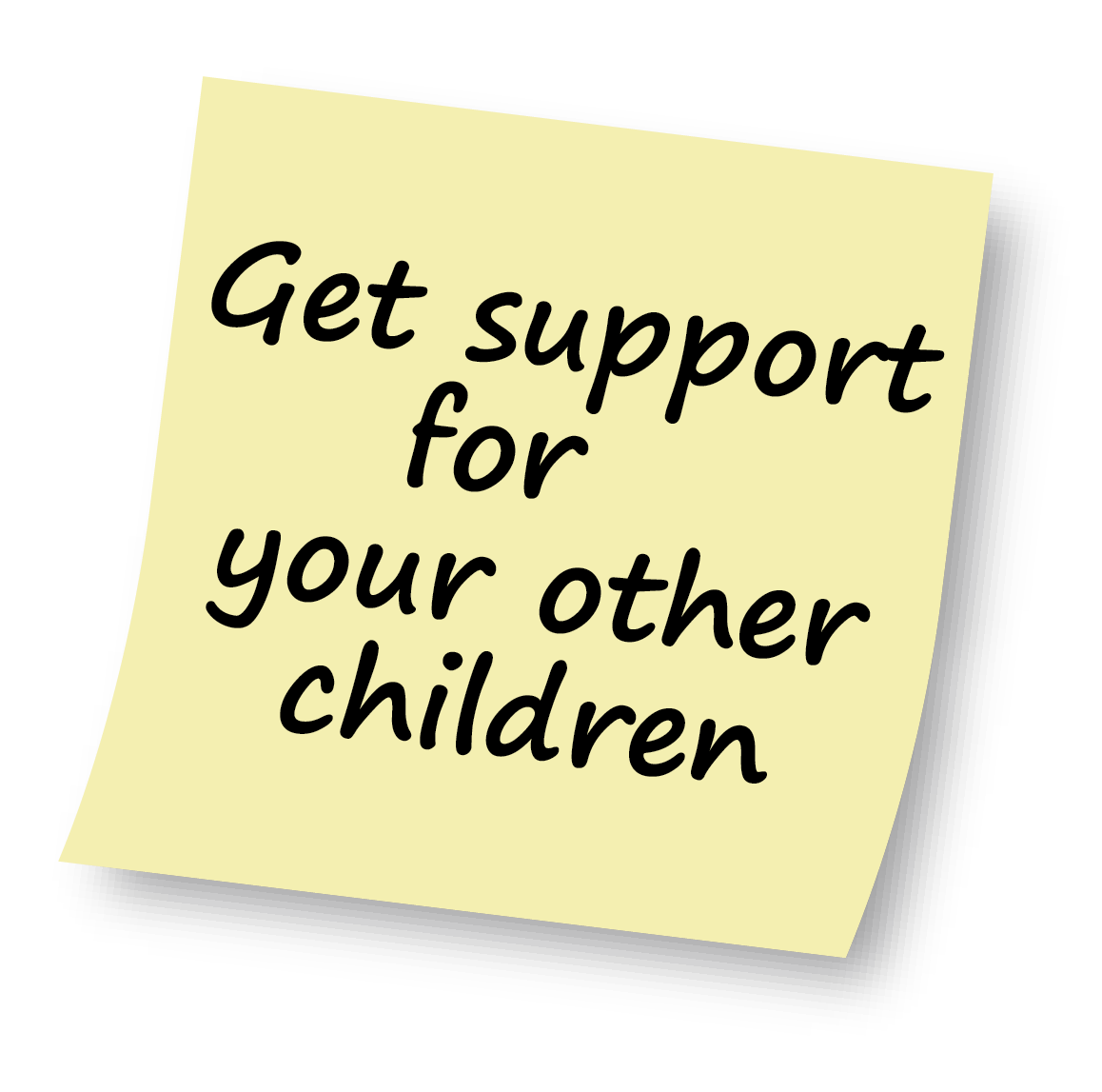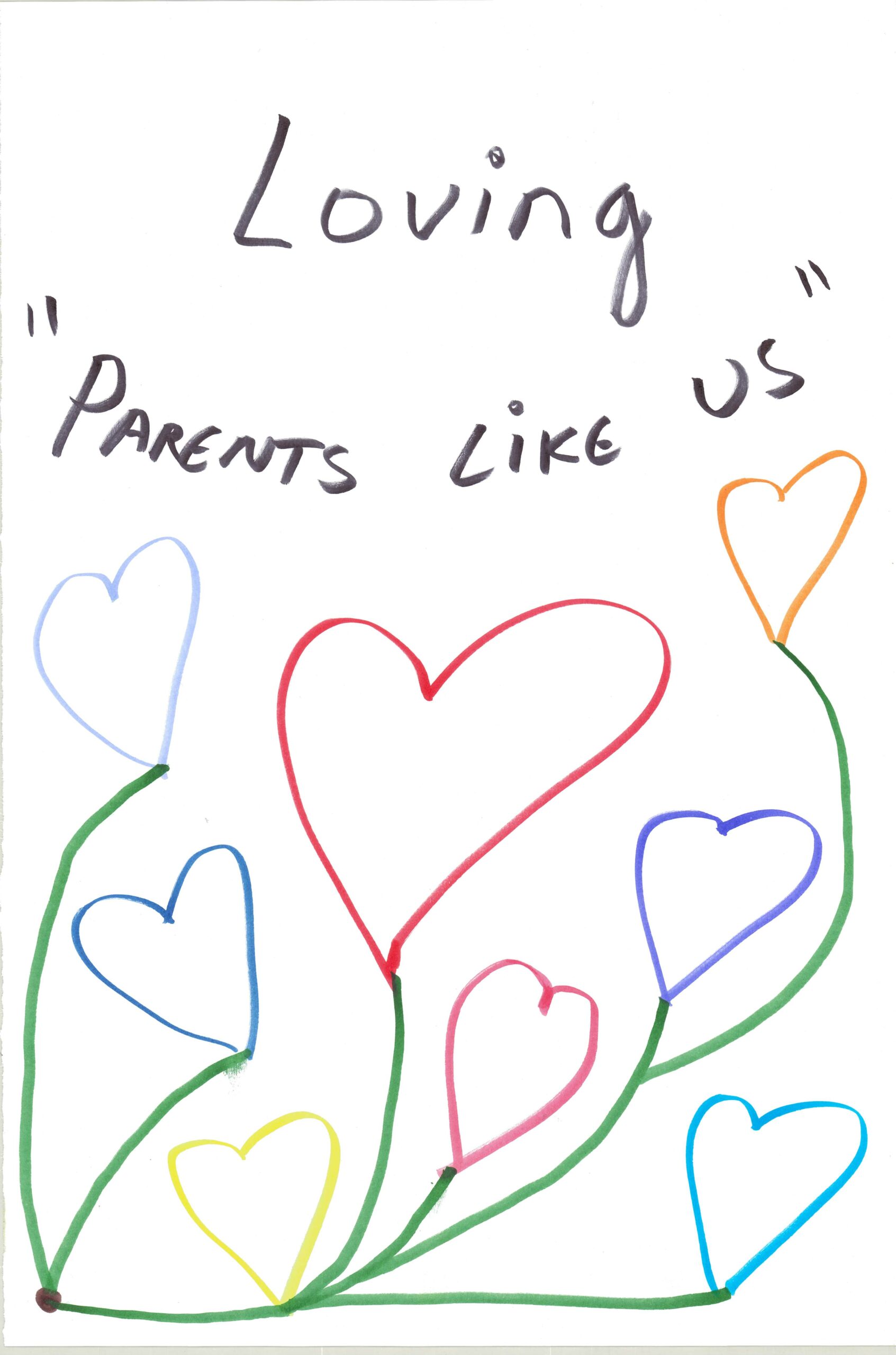Family Dynamics
Contents
Navigating family dynamics with a young person affected by substance use is a significant challenge and will likely impact every family member differently. You may find yourself at the centre of navigating these dynamics which can be, in itself, another role to play. If you are a single parent, it can feel like you are completely alone. Regardless of what family means for you, support for yourself is crucial.
RELATIONSHIP WITH PARTNER/CO-PARENT
Whether you are a single parent or living with the parent of your young person, you can face many challenges co-parenting. You all have the responsibility to love and guide your young person and you all, in your own way, carry the worry about what is happening.
Children might choose to side with the parent that is more lax when there’s no united front.
SSM Parent Tweet
You may have different fundamental approaches to parenting and to substance use, and you may not be on the same page with respect to the best approach to support your young person. Different approaches can send mixed messages and complicate communication.
Having a new partner can also pose challenges in the home. If you live together, a common struggle is that your partner may not have control over what happens or what choices are made but must live with the consequences of those decisions. They might feel that they did not sign up for being a parent of a young person dependent on substances.
Sometimes it just gets difficult to agree on how best to parent a young person with a substance use disorder. You may need to practice harm reduction for yourself and for your partner. One option is for one parent to stay with the young person who is struggling, while the other parent takes a break.
Parenting is not a 50/50 division of responsibilities and it is important to use each person’s strengths to help take care of everyone in the household. It might not be their strength to set the boundaries, but they might have other strengths to draw on in other situations. Use your parenting strengths as best you can. Recognize and work with each other’s strengths.
RELATIONSHIPS WITH SIBLINGS
Addiction impacts everyone in the family and although we cannot control the outcome, we can have some effect on our own experience, which includes how we interact with one another.
Some common challenges parents and caregivers face with their other children include:
- Having to parent your other children differently than the one who uses substances.
- Having difficulties answering to other siblings who may feel it is unfair that they have less freedom
- or may question your approach to parenting.
- Trying to protect your other children, both physically and emotionally.
- Not knowing how much to share with them about what is happening or what is age appropriate.
If you do not have a partner supporting you through this journey, you may share things with your other children that you would have normally shared with a partner. It is a balance. If you leave other siblings out of it, they may have anxiety because they have no say and do not know what is going on. If you include them, they may feel overly encumbered. There are many factors to consider, including the developmental age of your young person. Also, what you share with your young person might look different from another parent or caregiver. It is helpful to discuss this with another adult, a parent support group, or professional before you decide what to share.
It is also important to get support for your other children. There are many community groups that can offer support to family members.
Encourage the love between siblings.
SSM Parent Tweet
RELATIONSHIPS WITH FRIENDS AND EXTENDED FAMILY
Parenting a young person with a substance use disorder can be incredibly isolating. You may feel like a failure as a parent. There is a lot of stigma associated with addiction. Painful events may include having your young person suspended from school, ostracized by their peers, and other parents and excluded from family events.
It can be challenging to share information and receive feedback from extended family and friends who have not had the same experiences. Often friends will talk about the challenges they are having with their kids, and they pale in comparison to what you are going through. Extended family may offer advice or tell you what you should be doing.
Friends and family wouldn’t stigmatize you if you were sick with cancer or another physical condition, but it’s not the same with substance use, there is a stigma.
SSM Parent Tweet
Be cautious of how much you share with those who do not have experience with substance use disorder. This is why parent support groups, family support, and counsellors are helpful. Find people who understand what you are going through. It may also be helpful to tell your extended family members and friends what type of support helps you most, whether it is a listening ear, brainstorming ideas or time for respite.
Make sure to have people in your life who get it.
SSM Parent Tweet


